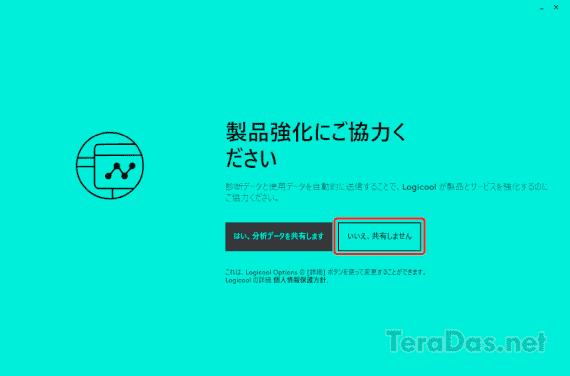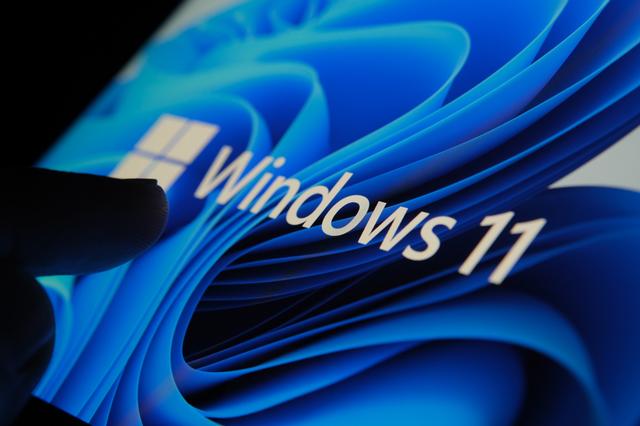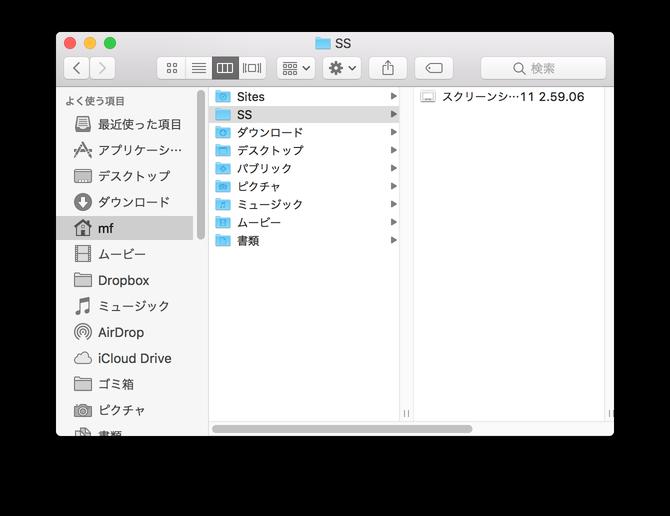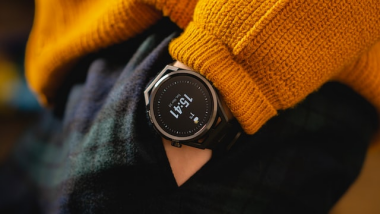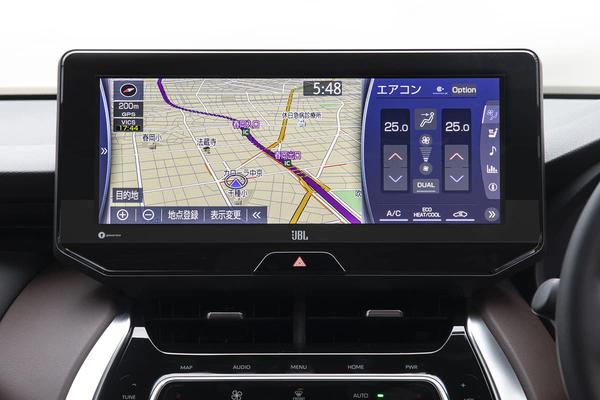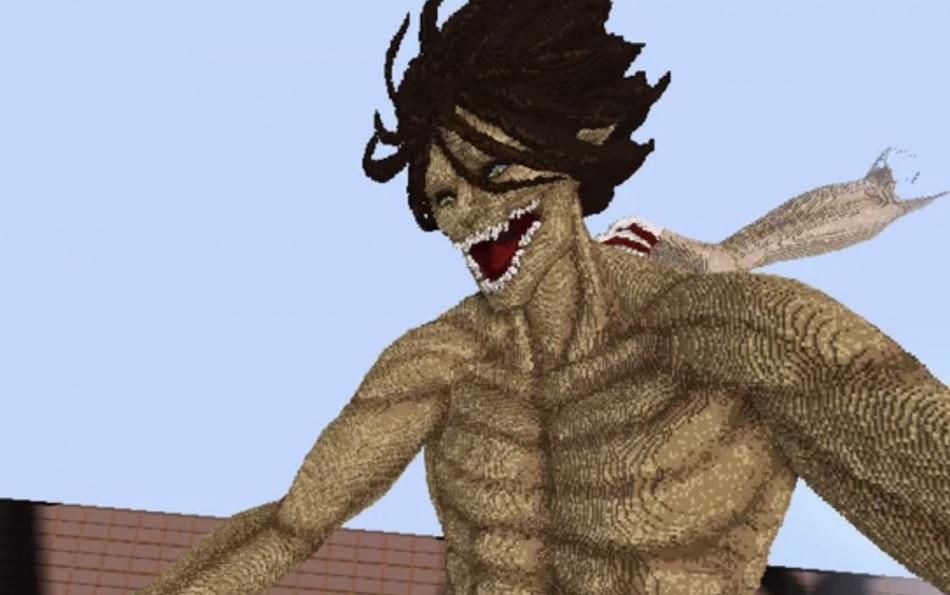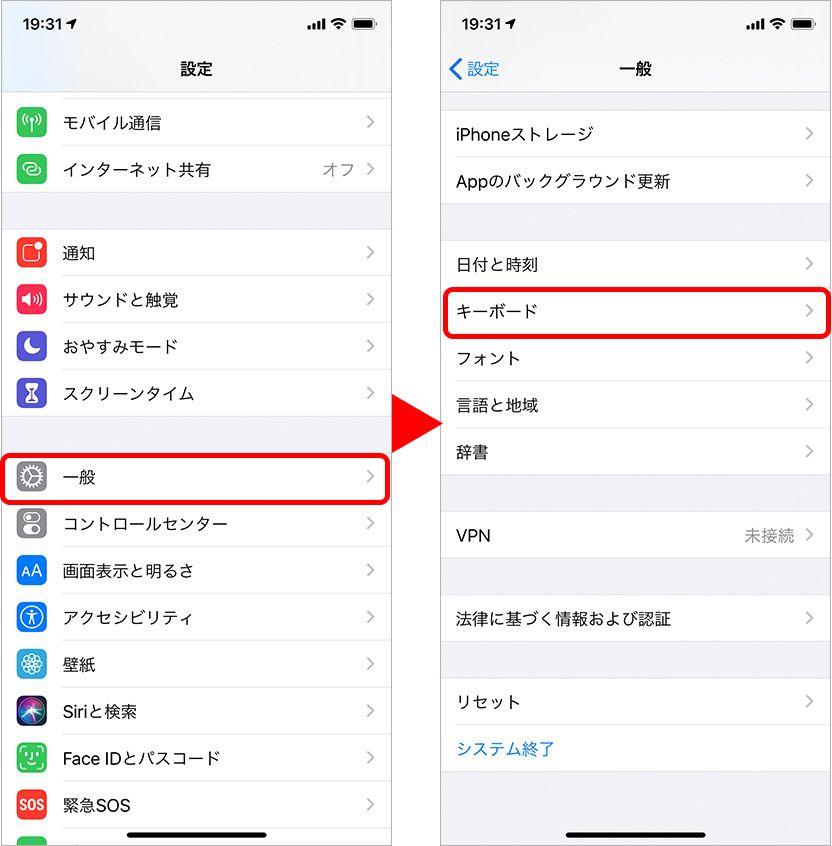What are the copyright issues and captured images of TV programs that you often see on SNS?
Recently, sites that distribute comics without permission to publishers have been controversial. There has been similar debate about music and anime for some time, and illegal distribution of content is no longer a problem that can be restricted to a specific site.
For example, some people post recorded TV GIF images on Twitter and blogs. I think you often see TV anime such as "Pop Team Epic" and "Koi Dance". In fact, is it legal to upload images and videos of TV shows to the Internet?
Copyright related to TV
What is the copyright of TV programs? The NHK website says:
In other words, TV programs are protected as "movie works" by the staff who produced them, the original authors of dramas, performers, etc., and if the "screens and sounds" are posted on the Internet, it violates the copyright. is.
This "screen and sound" seems to be easy to understand, but it is actually a subtle expression. Copyright law defines a work as "a creative expression of thought or emotion and belongs to the scope of literary, academic, art or music."
For example, let's say you have a "television image of a suitable cityscape of Tokyo taken without any ingenuity." If you capture it and use it on the Internet, can you say that you have released a "literary work that creatively expresses your thoughts and feelings"? It is arguable whether each capture is a copyright infringement.
However, scenes that are uploaded on purpose often show celebrities or include highlights in the video. Basically, you can think of it as a copyrighted work.
If it is "quote", there is no problem
If you send the copyrighted work to the Internet without permission, it will be "reprinted without permission" and violate the copyright.
However, there are some exceptional cases where you may use your work without the permission of the copyright holder, such as a television station. It is also used for news and school education purposes, but the form that is available to most of the general public is "citation".
According to the Agency for Cultural Affairs, there are seven requirements for citation, and if these are met, it does not constitute an exceptional infringement of copyright and neighboring rights. Let's briefly explain each requirement.
1. Must be a published work
In the first place, it is difficult for the general public to obtain the program before it is released. This time it's a problem you don't have to worry about.
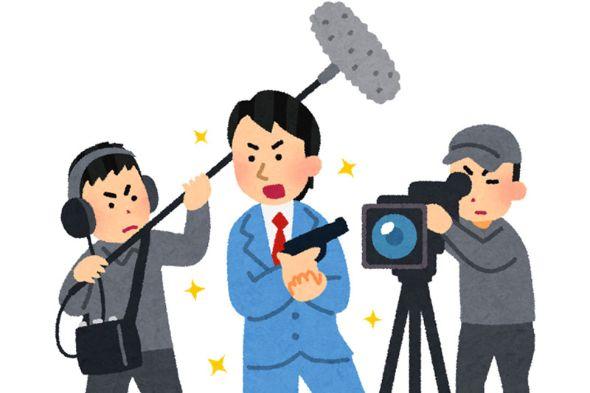
2. Conform to "fair practices"
In short, "meet the other six items shown and follow the various rules of the industry." However, there is debate about how fair practices should be.
3. Being "within the legitimate range" for news, criticism, research, etc.
Publications aimed at the content of copyrighted works, false accusation of the author, dissemination of hoaxes, etc. are beyond the legitimate scope and may not be considered as "citations".
4. The "master-slave relationship" between the quoted part and the other parts is clear.
Quotations are only supplementary. Unless the content and quantity of the part created / researched by oneself is the main, it is not recognized as a "citation". However, the ratio depends on the case.
5. The "quoted part" is clarified by key brackets, etc.
It means that the citation must be in a format that clearly shows the boundary between your writing or work and the citation. There is a quote in this article, but basically it is shown as follows.
6. There is "necessity" to quote
Even if you do not quote, it will be excluded if it does not affect the content or comprehensibility other than the quoted part. Simply put, "let's quote at a minimum when absolutely necessary."
7. "Clarification of source" is required (when there is a practice other than copying)
Refer to 5. above, "The" quoted part "is clarified by the key brackets, etc."
Considering the above, it seems that most of the images and videos of TV programs posted by individuals on Twitter are reprinted without permission that do not meet the citation requirements.
If you write a long critique / discussion on your blog and keep the format, it may be recognized as a citation. However, on Twitter, unless you span multiple tweets, you basically write less than 140 characters. Also, in most cases, you just posted because you thought "this scene was interesting" and "this actor was cool", but not for criticism or research.
It is not absolutely NG to post videos and images of TV programs on the Internet, but there should be quite a lot of cases where they do not meet the citation requirements and violate copyright. Please note that it may be illegal due to issues of portrait rights as well as copyright.
However, contrary to the amount of reprinting without permission, I do not often hear stories of legal troubles such as "I am infringing copyright, so I will sue for compensation" and "I will sue in court." It is costly and time-consuming to go to court to ask for copyright infringement, so it is likely that the TV station will just pretend not to see it.
However, if you receive a request to delete a captured image, video, etc. of a TV program you posted, you should follow it unless you are confident that you meet the citation requirements.
References
Fumio Sakka "Detailed Copyright Law (4th Edition)" Gyosei, 2010
Daisuke Yoshida, "10 Chapters That Make All Revised Copyrights Clear", Shuppan News, 2009
Yukio Kitamura, "Copyright Learned from New Edition Judgments," Ohta Publishing, 2004
"Photo Copyright 2nd Edition" edited by the Copyright Committee of the Japan Professional Photographers Society, Ohta Publishing, 2016
Agency for Cultural Affairs Copyright I see, question box
Production cooperation
QuizKnock
